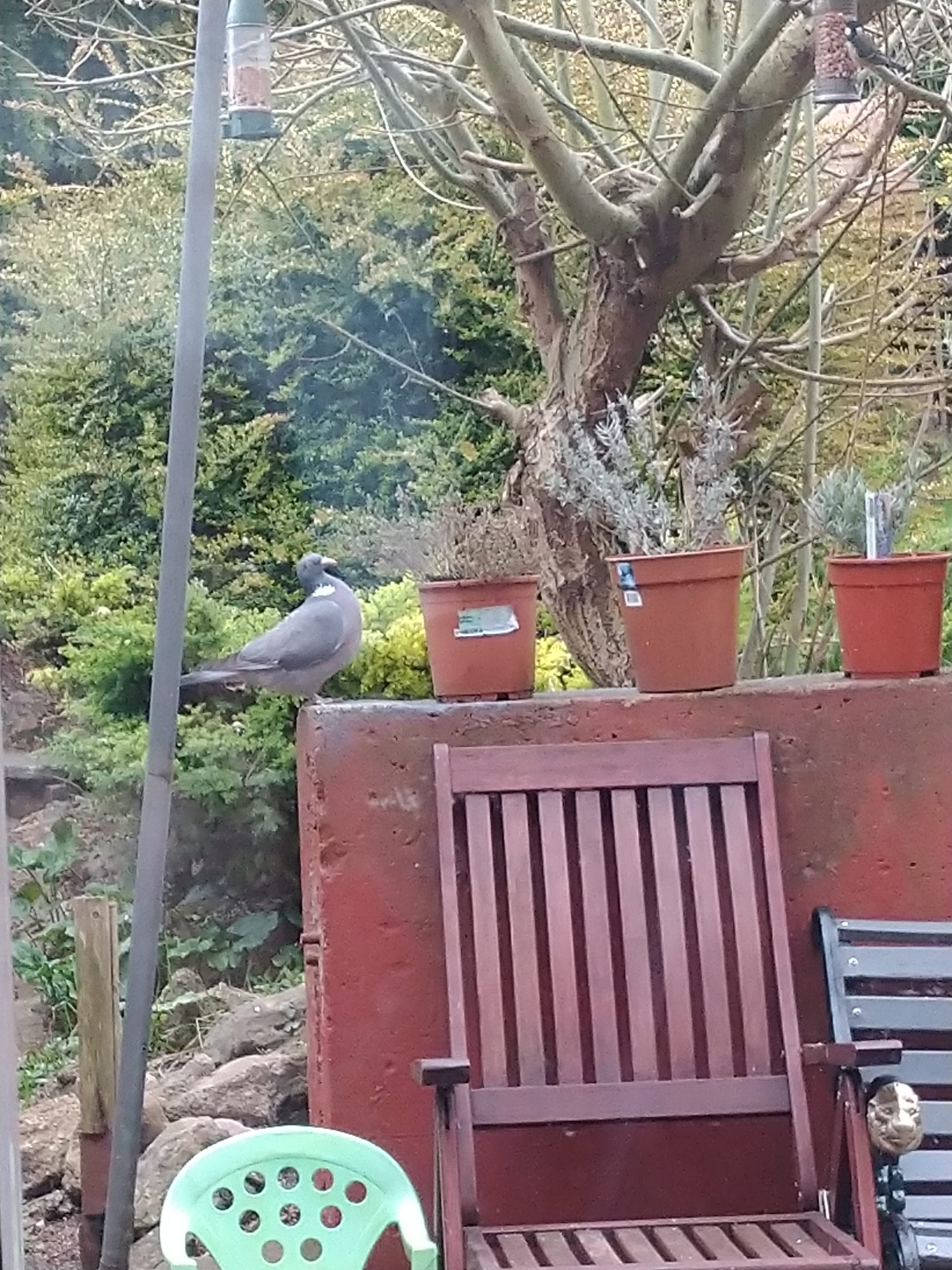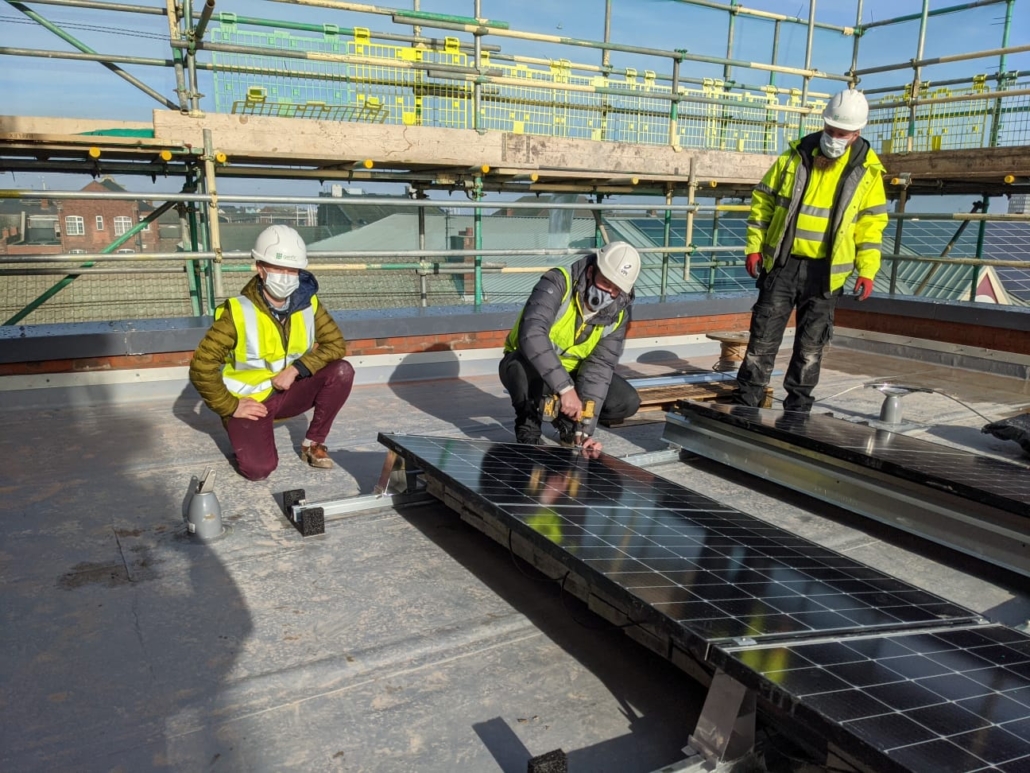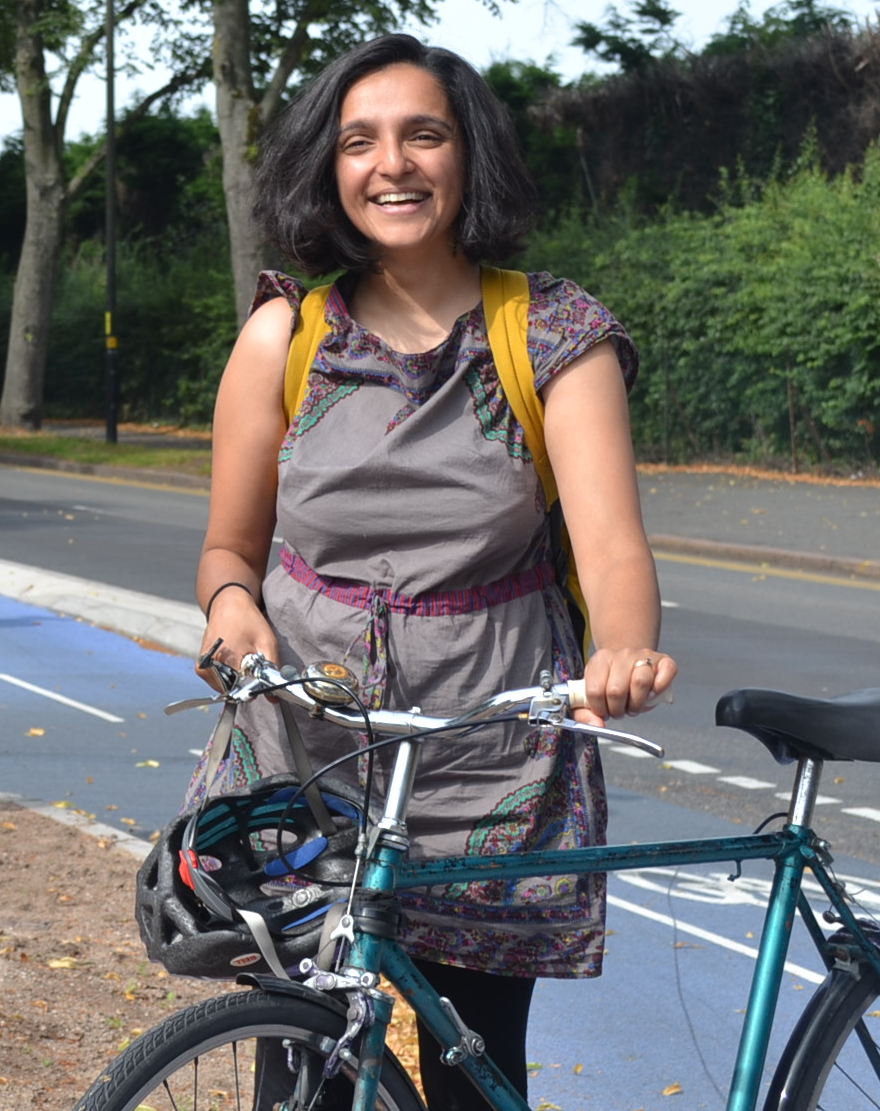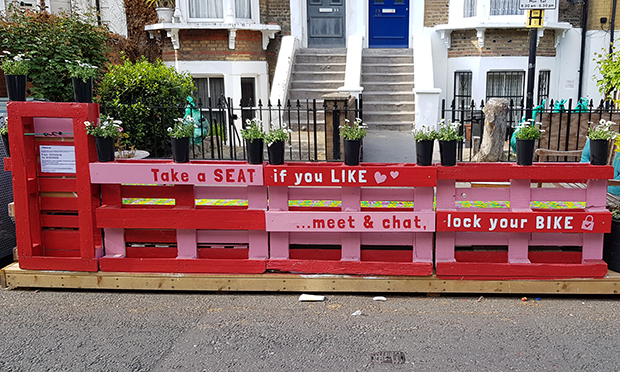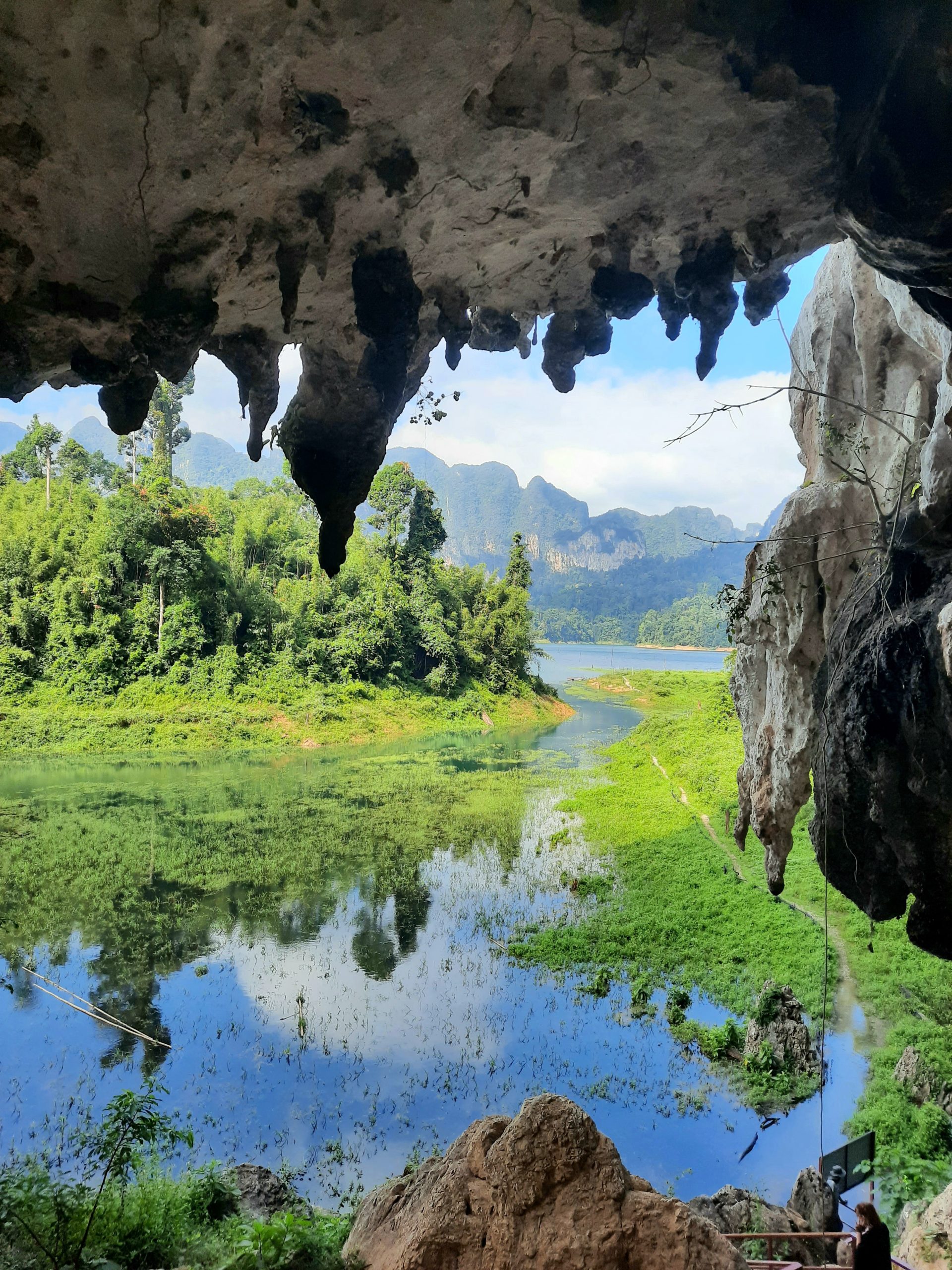Fire Drills and Covid 19 analogies
In February I went to compulsory fire training at work. There were over 100 people in a lecture theatre (remember when that was fine?) listening to a woman explain that when a fire alarm goes off people don’t evacuate. Instead they look around, see what others are doing, check for smoke or flame, before they act. Most people have been in more fire drills than fires, so being in an actual fire doesn’t feel very likely. If we see/smell the danger we might act or panic, otherwise we’ll probably do what we’re told. Of course, some people are always more resistant to changing their behaviour than others. When it comes to fire every public building and workplace in the UK has a procedure, information, signs and drills, so at least we generally know what we’re supposed to do.
COVID-19 is less visible than fire and smoke, but it feels like it spreads faster and wider. when I started outlining this post 6 weeks ago (is that all it was?), I’d noted that countries and organisations were taking precautions, and the places that did so seemed less affected. Since then pandemic has been declared and we’ve had physical distancing and lockdown, which has changed most aspects of our lives. People have largely been willing to massively change their behaviour in order to reduce the spread and minimise risk to ourselves and others. This global disruption is largely about saving lives, and I think that’s worth remembering. There’s also been panic and fear, sometimes resulting in selfish or destructive actions, but that doesn’t feel like the overriding sentiment of this time. It feels like we’re coming together, while physically staying apart.
The Climate Emergency
Climate emergency was declared by the UK government and Birmingham City Council last year. This was the alarm being sounded, and many would say it was way overdue. But we haven’t started to act much yet; we’re still looking around, maybe seeing what others are doing, assessing the situation. The danger is there and should be as obvious as the smoke coming off of the wildfires in Australia, the Arctic, the Amazon and Indonesia in the last couple of years. Of course those places seem far away, but so is China. There’s some planning, some policy, some support, but unlike in a fire (or even with COVID-19) there’s a lack of clear-cut information, actions or next steps. The breadth of the problem and the required range of solutions has greater complexity than staying at home almost all the time. As individuals or organisations we’re mostly being left to muddle through, figure things out for ourselves or do nothing, or even make things worse. It’s hard to tell signal from noise sometimes. Imagine if the breakdown of the environment (which is everywhere and effects almost everything) were treated as the emergency it is, as something that will devastate us worse than this pandemic.
Are we willing to change our behaviour to save ourselves and others?
Up until March 2020 I honestly felt that our requirement for convenience – on personal, organisational and societal levels- would be the thing to doom us. Most carbon reduction and pro-environmental measures are win/win, achieving positives in several ways, and the main downside is usually that it will inconvenience us in the short term. But physical distancing and lockdown is a harder inconvenience than behaviour changes, policy changes, taking a bit more care and living a bit more simply. The current crisis shows the capacity we have for care and change, if we act on it.
Should we stay in lockdown to save the planet?
No, that’s a foolish idea, no one wants to do that. Change to tackle the various climate and environmental crises needs to be sustainable and sustained; it needs to be something that provides benefits long term. Environmentalists don’t want people to be isolated, quite the reverse they’re usually big on people coming together (but not physically, at the moment). People have noticed that there’s more wildlife and less air pollution at the moment, and that’s a good thing, but it’s also a small thing and likely temporary. All major scientific and international bodies say that unprecedented change is needed to halt climate breakdown and save our civilisation. COVID-19 has already caused unprecedented change and will continue to do so, we need to be mindful of the direction the changes take us and where possible harness them for long term good.
For good information about COVID-19 and climate I recommend this video by scientist and science communicator Katharine Hayhoe: https://www.youtube.com/watch?v=62IzyebP1_o (it’s a bit US-centric but the general points are good).
In general I recommend her Global Weirding YouTube channel,
https://www.youtube.com/channel/UCi6RkdaEqgRVKi3AzidF4ow
Catherine comes from Worcestershire. She spent much of her childhood with her head buried in a book. An interest in history and mythology led her to an Ancient History degree. She’s worked in public libraries, a call centre and Higher Education admin. She lives in Birmingham with her husband and son. She can be found on twitter @ctjhill. She rambles about things she enjoys (mostly geeky stuff) at www.catherinetjhill.blogspot.com.

